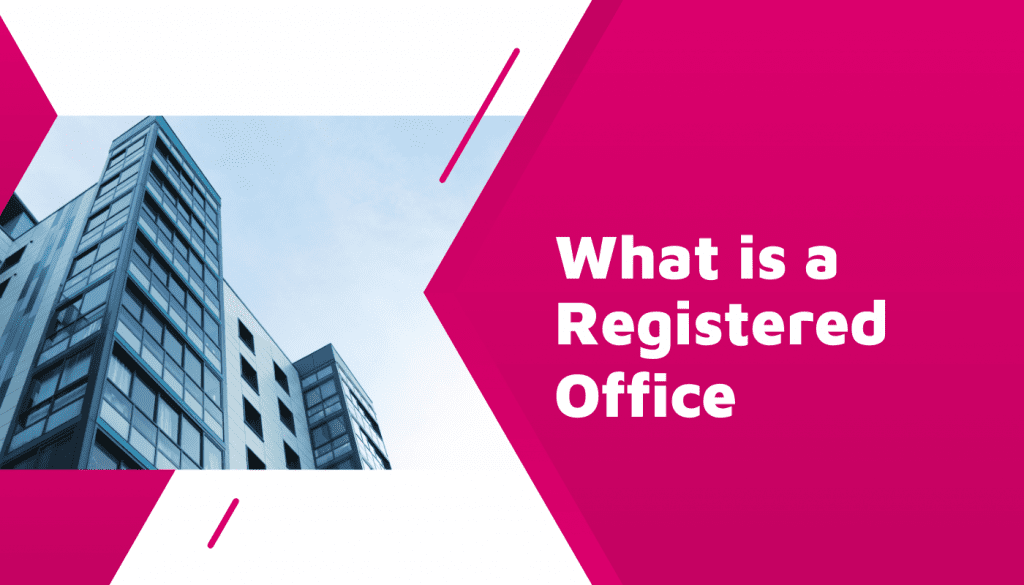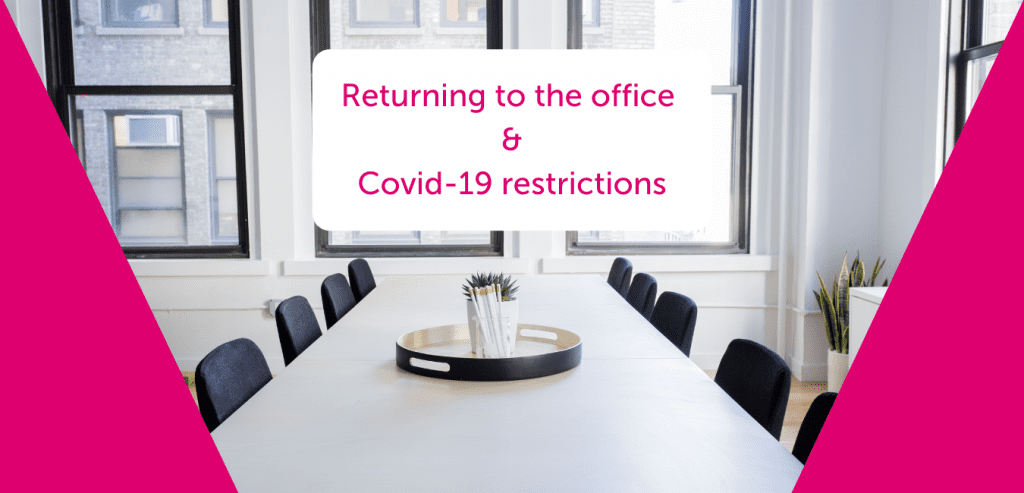
Although Christmas is a magical time of year full of celebration and quality time with family and friends, it can…

Although Christmas is a magical time of year full of celebration and quality time with family and friends, it can…

According to studies, SMEs spend on average, a whopping £4.4 billion per annum chasing late payments. This problem is only…

What exactly is a registered office? A registered office is the address which your Limited Company is registered to. This…

Have you heard your accountant talking about your confirmation statement and been puzzled by what it is? Are you wondering…

Small business owners hopes for some crumbs of comfort from the chancellor in his budget and autumn statement were dashed. The triple hit on small businesses coming from April 2022 is still very much happening.

If you’ve lost clients due to the Covid-19 pandemic, you are not the only one. Countless businesses have lost a…

How to Recover Your Accounts Receivables After Covid-19 The pandemic has not been kind to business. Many companies have struggled…

Wouldn’t life be simple if you could guarantee that your invoice would get paid on time every time? Sadly, this…

Even though there are no longer any legal covid-19 restrictions in England, here at 1 Accounts we will be keeping…

Are you feeling burned out from the chronic stress that has been our lives over the past year? Perhaps you…